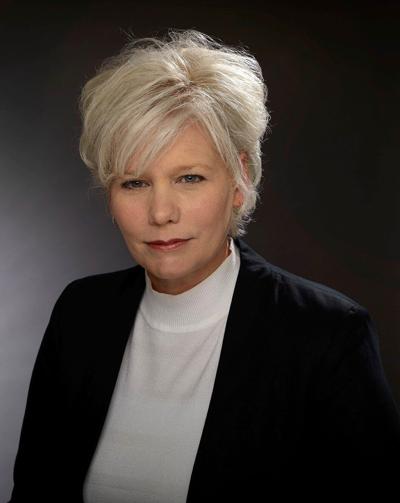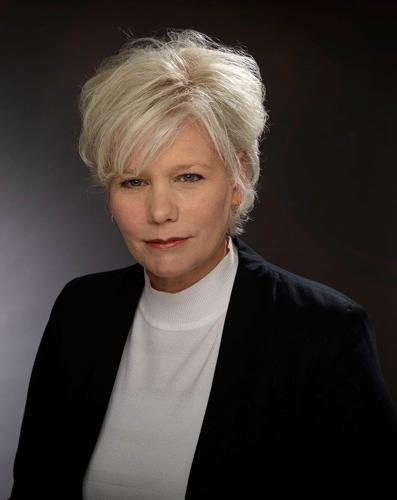Dear Money Lady,Â
How can I reduce the taxes on my RIF (Retirement Income Fund) withdrawals?
Rick
Dear Rick,
There is no real way to reduce the taxation owed on your RRSP or RRIF withdrawals other than using business expenses (a home-based business) or a leverage lending strategy (borrowing to invest and writing off the interest).Â
RRSPs (Registered Retirement Savings Plans) are a part of our Canadian culture, and once they turn into a RRIF (Registered Retirement Income Fund) at age 71, most seniors want to know how they can reduce the taxation on their forced minimum withdrawals every year.Â
The fact is, RRSPs are like a double-edged sword — on the one hand, they are good at reducing your income tax in the year you make your contribution. I will say that they have been great at encouraging Canadians to save every year for their retirement, but you must remember that tax is progressive.Â
Taxation rates increase over time.Â
Currently, the highest marginal tax rate in Ontario is 53.5%, and when RRSPs were first introduced to Canadians in 1957, the marginal tax rate was 11.4%. Now, I need to mention that in 1957, you could also buy a home for about $5,000, and of course, incomes were a fraction of what they are now. Â Â
But never think that the government didn’t know what they were doing.Â
They knew that even if you received a tax rebate incentive on your income, with taxation increasing over time, you would most likely be paying that tax back at a much higher rate when you withdrew your funds later in your retirement.Â
Let’s look at an example together.
When first introduced back in the ‘50s, RRSPs were designed for top-tier income earners, but they didn’t start becoming popular until the 1970s and 80s. In the 1970s, the highest marginal tax rate was approximately 24.9%; in the early 1980s, it was 28.5%.Â
Now, if you were a top-tier income earner in the 1970s, you were most likely making about $25,000 per annum, equivalent to about $208,000 today.Â
If you contributed to your RRSP, you would have received a rebate on your income tax, but when we fast forward to your retirement today and you’re withdrawing from your RRIF — you are likely paying that tax back at a much higher rate than the rebate you received.
So, knowing this, are RRSPs good?Â
³Û·¡³§.Ìý
Registered accounts are very good at sheltering funds from taxation while they grow over time; however, you must make sure you do indeed withdraw all your money before you pass away.
You don’t want a balance left in your RRIF account when you die.Â
There is an automatic spousal rollover to a surviving spouse to avoid taxation, but if you don’t have a spouse or are now the surviving spouse and pass away with a balance left in your RRIF you will be subject to an even higher tax.Â
When you die, it is considered to be a “deemed disposition” upon your death, meaning that all nonregistered investments will be subject to capital gains and all registered accounts (with the exception of TFSAs (Tax Free Savings Accounts) will be taxed as income.Â
Here’s an example: if you had a balance in your RRIF when you die of approximately $150,000 (in Ontario), and during that last tax year you received a pension, CPP and OAS — all of this income is now added to the $150,000 RRIF balance and taxed as income.Â
This could potentially push you into a higher tax bracket and force your estate to pay 40-50% in taxation off your RIF savings — something you don’t want for your beneficiaries.Â
Try to draw down your RRIF during your lifetime to lower your estate tax and have a conversation with your advisor to ensure you fully understand the repercussions of only taking the mandated minimum government withdrawals each year.
Good Luck and Best Wishes,
Money Lady
Error! Sorry, there was an error processing your request.
There was a problem with the recaptcha. Please try again.
You may unsubscribe at any time. By signing up, you agree to our and . This site is protected by reCAPTCHA and the Google and apply.
Want more of the latest from us? Sign up for more at our newsletter page.



















To join the conversation set a first and last name in your user profile.
Sign in or register for free to join the Conversation